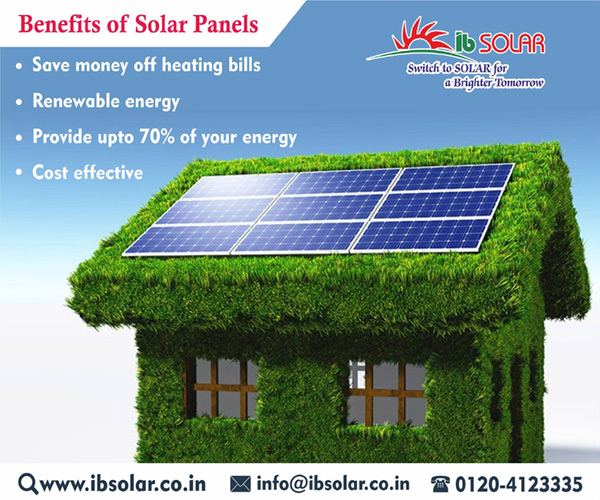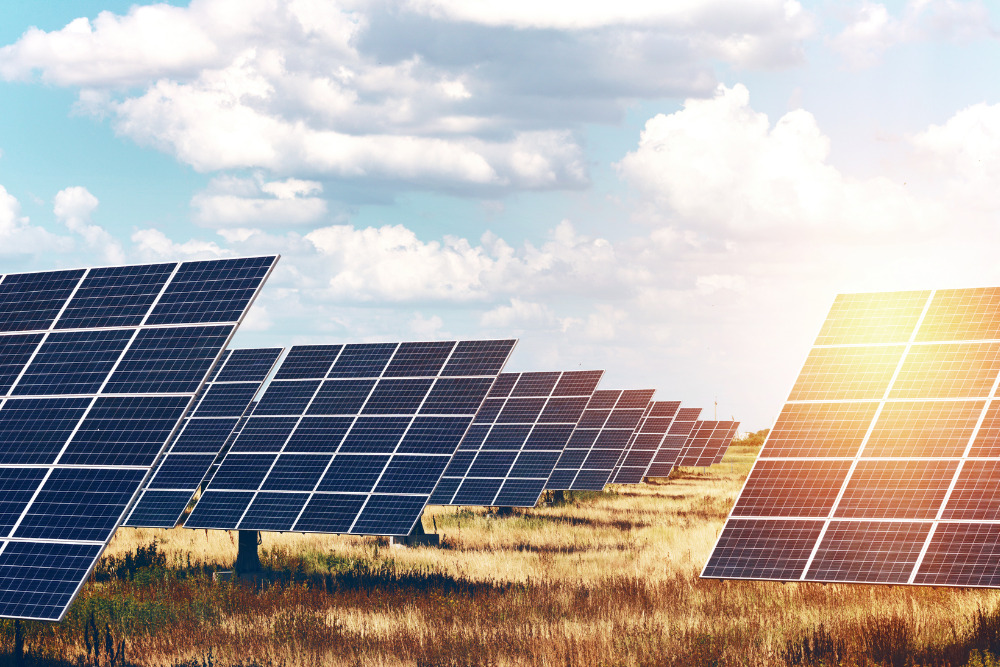How Solar Energy Can Aid You Conserve Money and Decrease Your Carbon Impact
The combination of solar power into your energy profile provides a compelling chance for both economic savings and environmental stewardship. By using the sunlight's power, house owners can significantly lower their monthly utility costs while likewise guarding versus the unpredictability of future power costs. Furthermore, the shift to solar contributes to a marked decline in carbon discharges, lining up individual financing with wider eco-friendly objectives. As different federal government incentives appear, the inquiry develops: just how can one properly browse the first investments and continuous advantages of solar innovation to make the most of both financial and ecological gains?
Recognizing Solar Power Financial Savings
While the shift to solar energy usually includes a preliminary financial investment, understanding solar energy cost savings is essential for homeowners and businesses alike. Solar power systems can dramatically decrease electrical energy expenses by using the sunlight's energy, equating into significant long-lasting monetary advantages. By generating their own electricity, individuals minimize dependence on grid power, which undergoes varying costs. These savings can gather gradually, frequently bring about a quick return on investment.
In addition, solar energy systems might get approved for various financial incentives, consisting of tax obligation credit reports and discounts, further enhancing their cost-effectiveness. The availability of net metering allows customers to sell excess power back to the grid, developing an added profits stream. These variables add to the overall savings connected with solar energy.

Along with direct financial cost savings, solar power offers the added benefit of enhancing residential property worth. Residences outfitted with solar panels are frequently much more eye-catching to buyers, as they guarantee lower power expenses - Simply Solar Illinois. Recognizing these elements is important for anybody taking into consideration solar power, as it highlights not just the possible monetary gains, but also the more comprehensive ecological and economic advantages of taking on sustainable power options
First Expenses vs. Long-Term Perks
When assessing solar energy, it is crucial to weigh the initial expenses against the long-term advantages. The upfront financial investment for photovoltaic panels, setup, and relevant devices can be considerable, usually ranging from $15,000 to $30,000, depending on the system size and home power needs. This initial expense might deter some house owners; nonetheless, it is critical to take into consideration the prospective financial savings over time.
As soon as installed, solar power systems can considerably decrease and even remove month-to-month electricity costs, resulting in significant long-lasting monetary advantages. Studies suggest that homeowners can save anywhere from $10,000 to $30,000 over the life expectancy of their solar system, usually 25 years. Additionally, lots of states use motivations, tax obligation credit scores, and rebates that can balance out initial costs, making solar extra available.

Lowering Your Carbon Impact
Reducing your carbon footprint is a crucial Simply Solar Illinois factor to consider in today's environmentally aware society, and taking on solar energy is one of one of the most efficient strategies to achieve this goal. Solar power is a clean, sustainable source that dramatically reduces reliance on fossil fuels, which are major factors to greenhouse gas discharges.

In addition, the prevalent adoption of solar innovation urges the advancement of environment-friendly jobs and sustains innovations in power storage and effectiveness. The more individuals and organizations invest in solar energy, the better the collective decrease in carbon emissions, promoting a cleaner ambience for future generations.
Federal Government Incentives and Refunds
Adopting solar energy not only benefits the setting but can also result in substantial monetary cost savings, specifically with the schedule of government rewards and discounts. Numerous federal, state, and neighborhood programs are designed to encourage home owners and companies to invest in solar power systems, making the shift more inexpensive.
Among the most famous incentives is the Federal Financial Investment Tax Obligation Credit Report (ITC), which enables planetary system owners to deduct a significant percent of the setup prices from their government taxes. This incentive has actually been essential in lowering the in advance costs connected with solar power systems. Furthermore, numerous states provide their own tax obligation credit reports, gives, and discounts that can additionally enhance cost savings.
Additionally, some city governments provide real estate tax exceptions for solar installations, making certain that property owners do not encounter raised property taxes as a result of their sustainable power financial investments. Energy firms might likewise supply motivations, consisting of internet metering and feed-in tariffs, which permit solar energy individuals to market excess power back to the grid.
Selecting the Right Planetary System
Choosing the proper solar system is critical for maximizing power effectiveness and monetary benefits. The decision depends upon numerous aspects, consisting of power requirements, budget plan, and offered space. Homeowners should begin by analyzing their power consumption to determine the system size required for optimal performance.
Next, consider the different kinds of solar innovations available. Simply Solar Illinois. Solar (PV) panels are the most typical, converting sunshine directly into electricity, while solar thermal systems concentrate on heating water. Each type has unique advantages depending upon individual requirements
Budget plan factors to consider are likewise extremely important. First installation prices can vary considerably, so it's vital to contrast quotes from multiple suppliers and explore financing choices. Government motivations and refunds can better minimize the economic burden, i loved this making solar systems a lot more accessible.
Final Thought
The environmental advantages of solar power contribute to sustainable techniques visit this page critical for combating environment change. Government rewards improve the feasibility of solar innovation adoption, motivating a change towards a cleaner, more economically effective power resource.